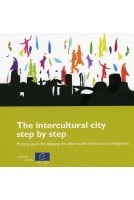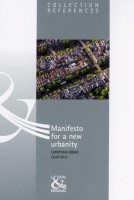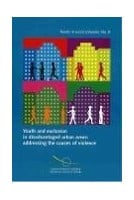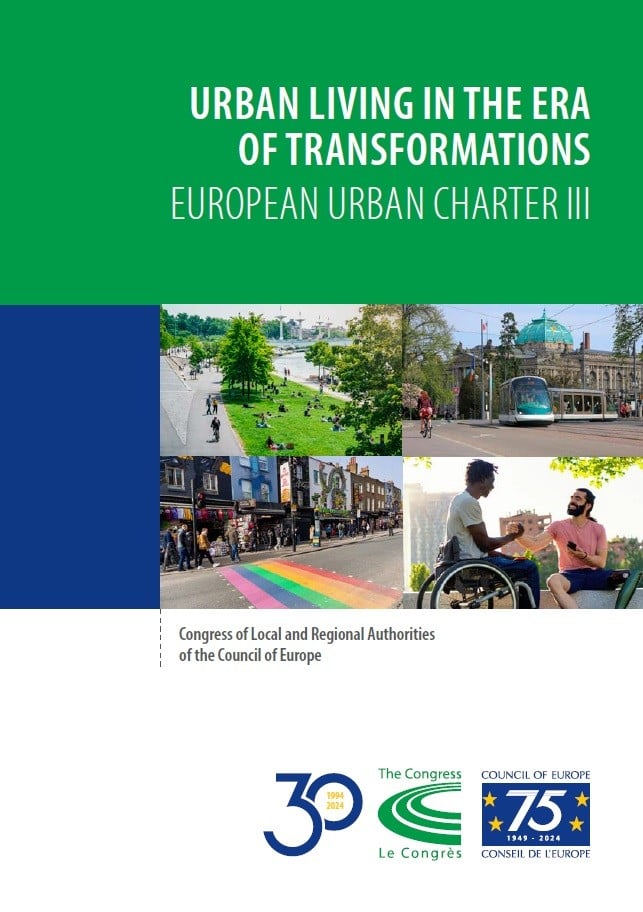Quality of life, well-being and human rights of urban residents at the center of attention of the Local and Regional Authorities of the Congress.
The European Urban Charter III provides a revised body of common principles and concepts that enable towns and cities to meet the current challenges of urban societies. It builds on the original European Urban Charter and the European Declaration of Urban Rights (1992) and on the European Urban Charter II – Manifesto for a new urbanity (2008).
It takes into account the transformations that have occurred in recent decades and the major challenges confronting urban societies, such as the Russian Federation’s
war of aggression against Ukraine, terrorism, the exacerbation of inequalities, the accelerated pace of climate change, natural disasters and public health crises.
The revised charter is an invitation to all those who are involved in urban development to further strengthen the implementation of democratic principles and ensure the protection of human rights and fundamental freedoms. The revised principles aim to provide for a stronger and more sustainable local governance and to improve forms of living together in our cities and towns.
FOREWORD PREAMBLE PRINCIPLES FOR MODERN URBAN LIVING
1. Democracy and urban residents’ participation
2. Social rights and economic and cultural development
3. Sustainable development, protection of the environment and climate change
4. Integrity and the prevention of corruption
5. Security and crime prevention
6. Digitalisation and artificial intelligence
EXPLANATORY REPORT
1. Democracy and urban residents’ participation
2. Social rights and economic and cultural development
3. Sustainable development, protection of the environment and climate change
4. Integrity and the prevention of corruption
5. Security and crime prevention
6. Digitalisation and artificial intelligence
CONCLUSIONS APPENDIX: CONGRESS REFERENCE DOCUMENTS
1. Democracy and urban residents’ participation
2. Social rights and economic and cultural development
3. Sustainable development, protection of the environment and climate change
4. Integrity and the prevention of corruption
5. Security and crime prevention
6. Digitalisation and artificial intelligence







